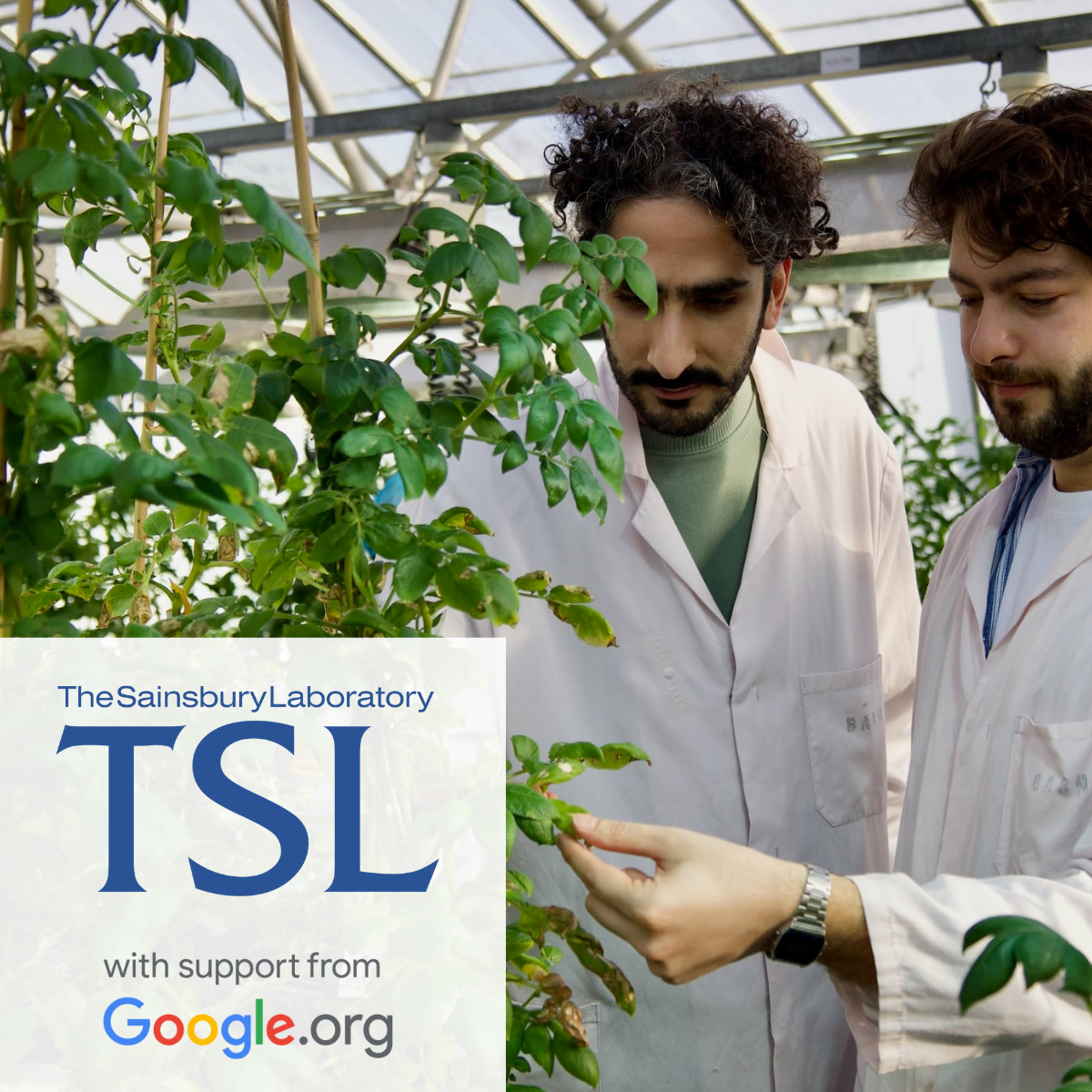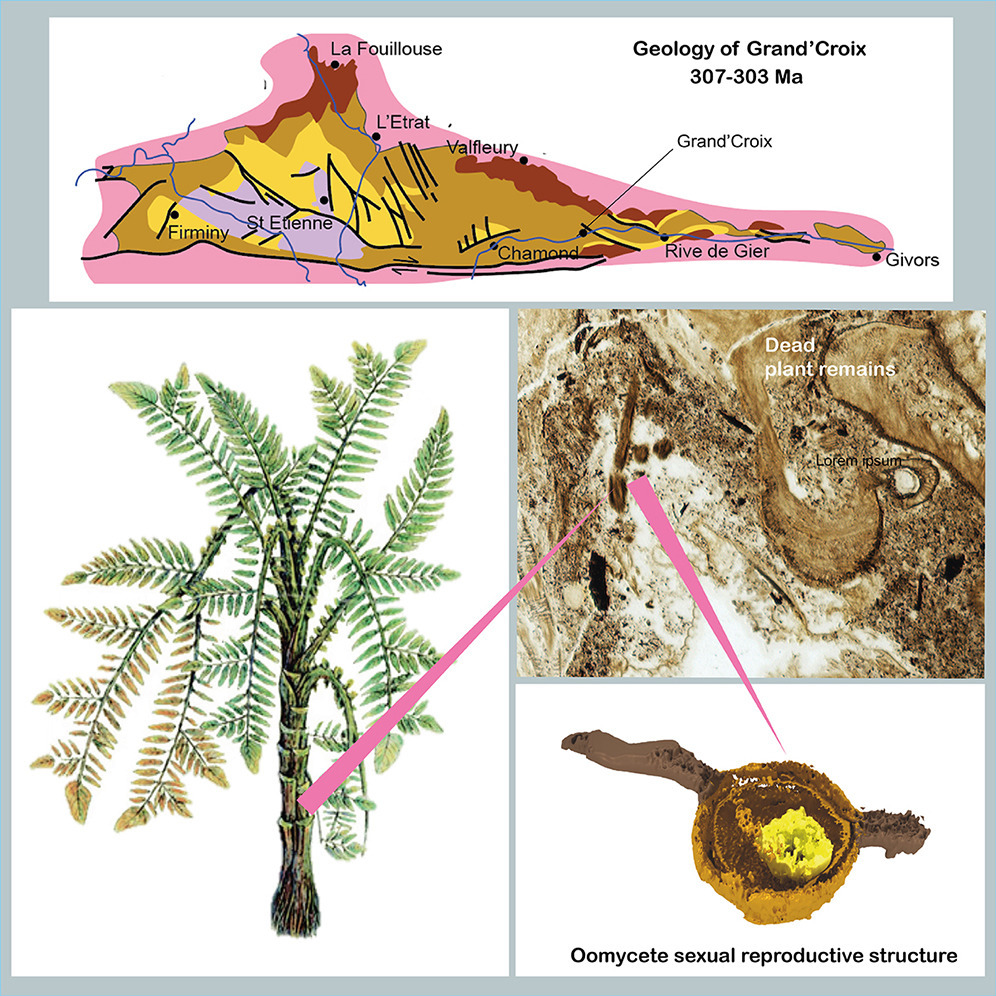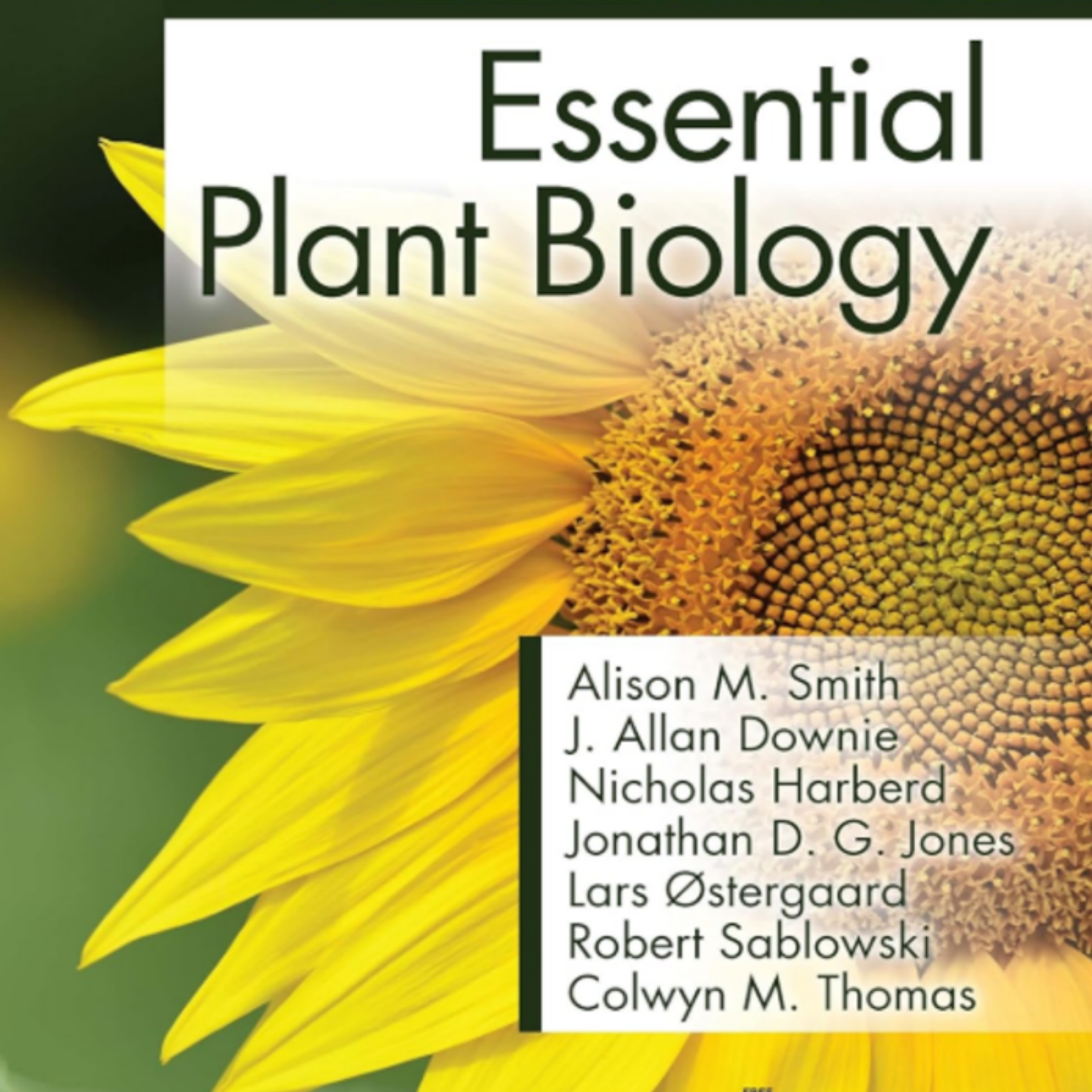Disease-resistant Rice for Risotto
Italy launches first field trial for gene-edited crops
Researchers from the University of Milan have initiated Italy's first field trial of gene-edited crops. Small fragments of DNA were removed from an elite variety of rice commonly used in risotto to enhance its resistance against the rice blast disease, a severe threat to cereal crops globally.
The new field trial, launched on the 13th of May 2024 at a farm near Pavia in Italy, covers a modest 28 square meters but marks a significant leap in European biotechnological research. This is the result of a fruitful collaboration between Vittoria Brambilla and Fabio Fornara of the University of Milan, Sophien Kamoun from The Sainsbury Laboratory (Norwich, UK) and Thorsten Langner from the Max-Planck-Institute for Biology in Germany.

Vittoria Brambilla and her team preparing rice seedlings during the start of the field trial in Pavia.
“Today is a revolutionary day for biotechnologists involved in plant genetic improvement."
- Vittoria Brambilla, researcher at the University of Milan and project lead
Enhancing plant immunity with small changes to genes
Gene-editing* allows for precise modifications of plant genes without introducing foreign DNA, a process faster and more accurate than conventional breeding methods. The method also enables us to readily combine multiple edits in a single plant.
*This method is classified as a New Genetic Technology (NGT) in the EU, whereas the term 'Precision Breeding' is generally used in the UK.
The new rice variety, named “RIS8imo,” is a modified version of the Italian Arborio rice, commonly used in risotto. Researchers targeted three genes exploited by the rice blast fungus and removed small parts of the DNA code to render them ineffective for the pathogen.
Laboratory and greenhouse trials conducted by Vittoria and her team showed that these changes result in a variety that is more resistant to rice blast disease.
The new field trial will confirm whether this promising performance of RIS8imo also holds true under more realistic cultivation conditions. The aim is to reduce reliance on agrochemicals by enhancing the plant's own immunity.
“What is important to understand is that our crops can be improved by removing pieces of DNA. In this particular application, we did just that." says Sophien Kamoun, project collaborator and group leader at The Sainsbury Laboratory, "I love risotto, so I’m excited about the prospect of making rice cultivation in Italy and elsewhere more sustainable with fewer chemical fungicide inputs.”

The blast fungus, Magnaporthe oryzae, is one of the world's most devastating plant pathogens - destroying enough rice every year that could feed around 60 million people.
The ability to develop rice varieties that are resistant to rice blast disease holds immense potential for communities worldwide.
How it all began
The three 'susceptibility' genes selected for disease resistance was the culmination of over a decade of fundamental research in plant-microbe interactions. Key contributors to these discoveries included Thorsten Langner, Sophien Kamoun and his research group, as well as long-term collaborators such as Ryohei Terauchi, who is leading research groups at the Iwate Biotechnology Research Center and Kyoto University.
Seeking to apply their findings and reduce crop losses to disease, Sophien and Thorsten initiated a collaboration with Vittoria and Fabio at the University of Milan in 2017 to integrate these insights into elite rice varieties, bringing the plan into action.
“The idea was quite simple,” says Thorsten, who is now leading his own group at the Max-Planck-Institute for Biology, "if we take out the weak spots that pathogens target, the plants could become more resistant to the disease.”

The researchers use the CRISPR/Cas9 protein to modify specific genes in rice that get attacked by pathogens. Taking out these weak spots could result in increased disease resistance and reduced need for agrochemicals.
Inspired by evolution
Editing susceptibility genes to render them non-functional is not an entirely novel idea. Disease resistant rice varieties have already evolved due to spontaneous mutations in genes such as Pi21, which is a well-documented target for pathogens and also one of the genes edited in RIS8imo.
However, it is complicated to breed this Pi21 variant into high yielding rice varieties, because a gene affecting grain size tends to get inherited along with it.
This 'gene drag' is one of the main challenges associated with traditional plant breeding methods and the reason why new precision breeding technologies holds so much potential in generating improved varieties in much a shorter span of time.
If successful, varieties such as RIS8imo promise to be more disease resistant and less reliant on agrochemicals, such as fungicides, while retaining the grain quality and yield of an elite variety.
A pioneer for crops of the future
The trial's launch was celebrated at a conference organized by the Bussolera Branca Foundation, with key figures like Senator Elena Cattaneo and Senator Luca De Carlo in attendance. The event highlighted the project's significance for future agricultural practices.
Alessandro Beduschi, Regional Councillor for Agriculture, Food Sovereignty and Forests of Lombardy, emphasized the project's potential to drive innovation in sustainable agriculture. "The request to reduce the sector's environmental impact can only be supported by allowing the use of techniques like these." he said.
______________
Contacts for each institute's press office for enquiries or to arrange an interview:
UK (The Sainsbury Laboratory) - mia.cerfonteyn@tsl.ac.uk
Germany (Max-Planck-Institute for Biology) - presse-bio@tuebingen.mpg.de
Italy (University of Milan) - chiara.vimercati@unimi.it or ufficiostampa@unimi.it


